When it comes to our four-legged companions, making sure they are healthy and happy is always our number one concern. As responsible pet owners, we want to make certain that our canine friends receive the highest standard of care, which includes a diet that is well-rounded and full of essential nutrients. However, it is crucial to be aware that some foods that are acceptable for people may in fact be hazardous or even poisonous to dogs. This is something that should be kept in mind at all times. This article will discuss the foods that are good for dogs as well as those that should be avoided while feeding them, with the goal of casting light on the appropriate and inappropriate foods for our cherished pets.
Safe and Bad Food Items for Dogs: The Importance
In the same way that a healthy and well-balanced diet is necessary for human beings, the same is true for dogs. Our canine friends obtain the essential nutrients, vitamins, and minerals they need to maintain their general well-being, immune system, and energy levels when they consume a meal that is nutritionally sound and well-balanced. However, there are several items that humans habitually consume that can put the health of our animal pets in grave danger. To ensure the well-being and safety of our dogs, it is essential that we are well-informed about the many risks that may be involved.
Safe Food Items for Dogs
We are fortunate that our dogs may consume a variety of foods that are not only risk-free but also helpful to their health. Let’s have a look at a few of these, shall we?
Lean Meats
Dogs may get a lot of the protein they need from lean meats like chicken, turkey, and beef if the meat is cooked all the way through. Protein is necessary for both the growth and repair of muscle tissue. It is essential, however, to remove any bones, as they may splinter and result in choking dangers or internal damage if they are not removed.
Fruits and Vegetables
The diet of a dog can contain a variety of fruits and vegetables without any adverse effects. Some examples are carrots, apples, bananas, and blueberries. Apples are also a good choice. These meals have the potential to give dogs the vitamins, minerals, and fiber that they need. However, be sure that any seeds, pits, or stems are removed, as they may contain toxins or provide a choking hazard.
Rice and Pasta
Rice and pasta that has been cooked can be fed to dogs in small amounts. These carbs have the potential to be a source of energy for them as well as add some diversity to their diet. On the other hand, it is very necessary to refrain from adding any flavors or sauces that can include components that are toxic to dogs, such as onions or garlic.
Plain Yogurt
A nutritious snack option for dogs is plain yogurt that does not contain any added sugar or artificial sweeteners of any kind. It includes probiotics, which are beneficial to the digestive system. It is possible to avoid stomach distress by gradually introducing modest portions of the food.
Bad Food Items for Dogs
Now that we’ve gone over some foods that aren’t dangerous for dogs to consume, let’s talk about other foods that are potentially hazardous to their health:
Chocolate
Theobromine and caffeine, both of which are found in chocolate, are also harmful to dogs. Even in tiny doses, chocolate can induce a variety of unpleasant side effects in some people, including nausea, diarrhoea, elevated heart rate, and, in the most extreme cases, convulsions and even death. It is very necessary to store all chocolate goods, including cocoa powder and dark chocolate, in a location that is inaccessible to our four-legged companions.
Grapes and Raisins
Grapes and raisins, when consumed by dogs, can be extremely poisonous and could lead to the failure of the kidneys. Even in modest amounts, cannabis can cause unpleasant side effects such as nausea, tiredness, and appetite suppression. It is strongly recommended that grapes and raisins not be given to dogs under any circumstances.
Onions and Garlic
Raw onions and garlic, as well as cooked onions and garlic, as well as garlic powder all include substances that have the potential to harm a dog’s red blood cells and lead to anemia. Weakness, pale gums, and an elevated heart rate are some of the symptoms that may be present. Because these components are frequently seen in a wide variety of human meals, it is essential that our canine companions be kept away from them.
Xylitol
Xylitol is a kind of artificial sweetener that may be found in a wide variety of sugar-free items, such as gum, sweets, and baked goods. In dogs, this can result in a surge of insulin production, which can cause their blood sugar levels to dip dangerously low. This can cause seizures, failure of the liver, and even death in certain people. It is imperative that you be watchful and place any goods that contain xylitol in an area that is inaccessible to dogs.
Alcohol
Alcohol poses a significant threat to the health of dogs. Even tiny doses can have devastating repercussions. Ingestion of alcohol by a dog can result in symptoms such as vomiting, confusion, trouble breathing, and even coma in extreme cases. Dogs are far more susceptible to the effects of alcohol than people are. It is essential to take the necessary precautions to guarantee that alcoholic beverages are always kept out of a dog’s reach.
Caffeine
Dogs should never be given caffeinated liquids such as coffee, tea, or energy drinks. This includes both hot and cold beverages. Caffeine is a central nervous system stimulant that, in high enough doses, can cause symptoms such as agitation, fast breathing, elevated heart rate, tremors, and even seizures. It is essential to keep in mind that our canine companions should not consume coffee since it is toxic to them.
Avocado
Avocado isn’t dangerous for people to eat, but it does contain a compound called persin that can be harmful to dogs, especially when consumed in big quantities. Higher concentrations of persin may be found in the avocado’s skin as well as its pit and leaves. Avocado can cause symptoms such as nausea, vomiting, diarrhea, and trouble breathing if it is consumed. It is strongly recommended that avocados not be given to dogs under any circumstances.
Safe and Bad Food items for Dogs (Cont.)
Status of Some Other Foods
- Baby Food for the dog – Many people try to give food to the Bridges, especially when the baby is not feeling well. Eating leftovers is usually not bad. However, you should ensure the baby you are feeding does not contain onion powder. Also, baby food does not include all the essential nutrients for a healthy dog.
- Chewing gum for the dog – Most chewing gum contains a sugar called xylitol, which does not affect humans. However, it can cause an increase in insulin in dogs, which lowers the dog’s blood sugar to dangerous levels. If your dog eats too many gums, it can damage the liver, kidneys, or worse.
- Candy for the dog – Many candies also contains xylitol, the same type of sugar chewing gum. So, keep sweets and chewing gum away from your dog and dog leaves.
- Chocolate for the dog – Chocolate is considered toxic to dogs. Chocolate contains caffeine and theobromine, which can be harmful to your dog. Chocolate can cause nausea, vomiting, and diarrhea and can damage your dog’s heart and nervous system.
- Corn or Cabbage for the dog – Dogs can eat corn, but not cabbage. Most dogs cannot digest the bed easily, which can lead to intestinal obstruction, which is a very serious and potentially fatal medical condition if not treated immediately.
- Macadamia nuts for the dog– Macadamia nuts are also known as Australian nuts, which can cause weakness, depression, vomiting, tremors, and hyperthermia in dogs.
- Mushroom for the dog: Mushrooms are hard. While some types of mushrooms are fine, others can be toxic to dogs. Some types of mushrooms can cause serious stomach problems for dogs. As a careful dog owner, you should try to avoid giving your dog mushrooms.
- Similarly, our daily questions are given below you can find answers of all of them in this post. Questions/queries include:
- Tobacco for the dog- Never give your dog tobacco. Nicotine effects on dogs are far worse than on humans. Nicotine toxin level in dogs is 5 mg of nicotine per pound of body weight. In dogs, 10 mg / kg is potentially fatal.
- Cooking Flour for the dog- Raw bread made with live yeast can be effective if eaten by dogs. When raw flour is swallowed, the warm, humid environment of the stomach provides an ideal environment for the yeast to multiply in the environment, resulting in a widespread of flour in the stomach. Abdominal enlargement can be severe enough to reduce blood flow to the abdominal wall, resulting in tissue death.
- Rotten food for the dog- Rotten foods contains mold and other bacteria that can seriously damage your dog’s health. Important entries are:
- Cooked bones – While raw bones are good for your dog’s teeth, cooked bones can be dangerous for your eyelids. Cooked bones are more prone to breakage, which means they are more likely to hit your dog and cause internal injuries.
- Cat food for the dog- A little cat food eaten by your dog may not be a problem. However, if you feed your dog cat food regularly, it can cause some health problems. Cat food usually contains high levels of protein and fat, which are not healthy for dogs.
- Fat Cutting for the dog- Cutting fat from meat can cause pancreatitis in cooked or raw dogs.
- Liver for the dog- Sometimes, it may be okay to feed the liver, but don’t feed your dog too much liver. Excessive use of the liver can severely affect your dog’s muscles and bones.
- Yeast for the dog- As mentioned earlier, too much yeast can break your dog’s stomach and intestines.
- Dairy products – Some dogs will be fine with dairy products. However, dogs generally have relatively poor tolerance to lactose, which is present in milk. Milk leads to diarrhea and other digestive problems.
- Drinks Alcohol for the dog– You should not let your dog taste any kind of alcohol, let him use it in large quantities. The main ingredients in beer, alcohol, and other alcohols are toxic and dangerous to dogs. Alcohol can cause poor breathing, abnormal acidity, intoxication, incontinence, and even coma and dog death. Coffee – Too much coffee can be toxic to your dog. Common symptoms of overdose include vomiting, tremors, restlessness, and rapid heartbeat. In severe cases, seizures may appear. Dogs can be eliminated if large amounts of caffeine are used.
- Milk for the dog- Many dogs, especially dogs, drink milk. Most dogs may not experience any problems with milk, but some dogs may be intolerant to the lactose found in milk. Dogs that are allergic to lactose may experience an upset stomach and other allergic reactions after drinking milk.
- Citrus Oil Extract for the dog- Extracting oil from citrus fruits such as oranges, lemons, and lemons can irritate your dog’s digestive system, especially if eaten in large quantities. Dogs may have diarrhea, vomiting, washing, and shivering.
Fruits and salads (Safe and Bad Food items for Dogs)
- Apple Seeds for the dog- Apple seeds contain the amygdala, a form of cyanide. This can block the blood from carrying oxygen throughout the body. Keep your papal away from apple seeds.
- Avocado fruit for the dog: its pit and the plant are poisonous to dogs. In addition to stomach upset, vomiting and pancreatitis, avocado can also damage the heart, lungs, and other tissues in dogs.
- Grapes and raisins for the dog– Dogs usually develop an allergic reaction after eating and raising grapes. Dogs may experience kidney failure and fatigue, along with nausea.
- Onions for the dog- Onions are dangerous for dogs. Try to avoid eating onions (raw or cooked) with your dog. If a dog eats a small number of onions every day for many days, it can cause anemia gradually over weeks to months.
- Chives for the dog- Choices can cause hemolysis, anemia, or hemoglobinuria in your dog. Some of the symptoms of excessive chewing gum include weakness, lethargy, yellow mucous membranes, and colored (gray to brown) urine.
- Peaches for the dog- Dogs can’t have any problems if they only eat peach meat. However, peach pits are toxic to dogs. They can make your dog experience complicated pupils, dizziness, and excessive kneeling. Berries – Stems, leaves and berry seeds are toxic to dogs. Dogs may experience red brick sticky membranes, torn pupils, difficulty breathing, painting, and trauma.
- Tomato Leaves for the dog– The leaves of the tomato plant contain glycolcalcides alpha-tomatine and dehydrotomatin, which are toxic to dogs. Tomato leaves symptoms are drooling, upset stomach, diarrhea, vomiting, and changes in his behavior. There may be seizures or seizures if your child uses too much tomato leaves.
- Fish for the dog: Generally, Raw fish/fish – Some amount of fish in your dog’s diet may not be a problem. However, if the fish is fed exclusively or in large quantities to your dog, it can lead to a deficiency of thiamine (a B vitamin), which can lead to starvation, seizures and, in severe cases, death.
- Human Vitamins for the dog– Not all but some human vitamins can be toxic to pets, especially those that are soluble in fats such as vitamins A, D, and E. Also, iron tablets maybe lead to damage the internal lining of the digestive system and can be toxic to your dog’s liver and kidneys. Therefore, keep your vitamins away from your dog, especially pu dogs.
- Human salty snacks for the dog: Some human snacks may contain ingredients such as onion and garlic powder, raisins, chocolate, which can be toxic to dogs. Try treating your dearest friend for breakfast, not just sharing it with you.
Frequently Asked Questions About Safe and Bad Food Items for Dogs
Can I give my dog table scraps from my own meals?
It is typically not suggested to provide table scraps from your own meals to your dog as a source of food. There are a lot of human meals that are dangerous for dogs to eat, especially ones that are heavy in fat, spice, or components like onions and garlic. It is in your best interest to adhere to a diet that is well-balanced and rich in nutrients and is designed particularly for dogs.
Are all fruits and vegetables safe for dogs?
There are many fruits and vegetables that are harmless for dogs, but there are also others that can be dangerous or even poisonous for them. It is essential to refrain from giving grapes, raisins, avocados, and any other fruits or vegetables that include pits, seeds, or stems to dogs. These foods have the potential to contain poisons. Before giving your dog any new meals, you should always conduct some research and talk to your veterinarian about the decision.
Is it safe to give my dog bones?
No, it is not safe to offer bones to dogs in most situations. Bones that have been cooked pose a risk of choking and can also cause internal damage if they shatter. Even though they might appear to be less dangerous, raw bones can nonetheless chip teeth and create gastrointestinal problems. It is advisable to supply chew toys or snacks that are specifically made for dogs and are not harmful to them.
What should I do if my dog accidentally eats something toxic?
If you have any reason to believe that your dog has consumed something harmful, you should get in touch with your dog’s regular veterinarian right away or seek out emergency veterinary treatment. They are able to give direction based on the particular circumstances. It is beneficial to have information on the drug that your dog drank, including the quantity that was taken and the time that it was consumed.
Can dogs have dairy products?
Some breeds of dog are able to consume moderate amounts of dairy products, such as plain yogurt, while others cannot. On the other hand, a large number of dogs have lactose intolerance, and consuming dairy products can lead to digestive problems such as diarrhea and stomach distress. It is advisable to gradually introduce dairy items to your dog while keeping an eye on how he reacts to them. In order to receive particular food advice, you should speak with your veterinarian.
Are there any safe alternatives to chocolate treats for dogs?
There are, in fact, alternatives to chocolate treats that are completely risk-free for canines. There are several pet retailers that provide dog-friendly snacks that are precisely created to imitate the flavor and consistency of chocolate without including any of the potentially dangerous components. Carob, a safe and dog-friendly substitute that gives a flavor sensation that is comparable to that of chocolate, is commonly used to make these snacks.
Can I give my dog commercial pet food exclusively?
The dietary requirements of dogs are often satisfied by commercially available pet food developed specifically for dogs. Nevertheless, it is absolutely necessary to pick high-quality products that offer nourishment that is both balanced and comprehensive. In addition, having a conversation with your veterinarian can help you figure out whether or not your dog need any particular dietary adjustments or supplements due to the unique requirements of his or her body.
How can I prevent my dog from accessing harmful foods?
The best way to protect your dog from getting into potentially dangerous foods is to take preventative measures. Keep your dog from getting into any of the human food by storing it safely and placing it out of his reach. When getting rid of food leftovers, use caution and make sure they are placed in a closed garbage container. Make sure that your guests and family members are aware of how important it is not to give your dog any foods that might potentially damage them.
Can I share my medication with my dog?
Under no circumstances should you give your medicine to your dog unless your animal hospital specifically instructs you to do so. Medications intended for humans can have quite different effects on canine patients, some of which might be life-threatening or even deadly. Before giving any medicine to your dog, it is imperative that you first get your veterinarian’s approval.
If your dog has an emergency after you eat and drink, please call your veterinarian immediately or contact us.
Tell us in the comments how you like our article, “Safe and Bad Food items for Dogs.”
For similar posts like this visit here
For the source file, click here




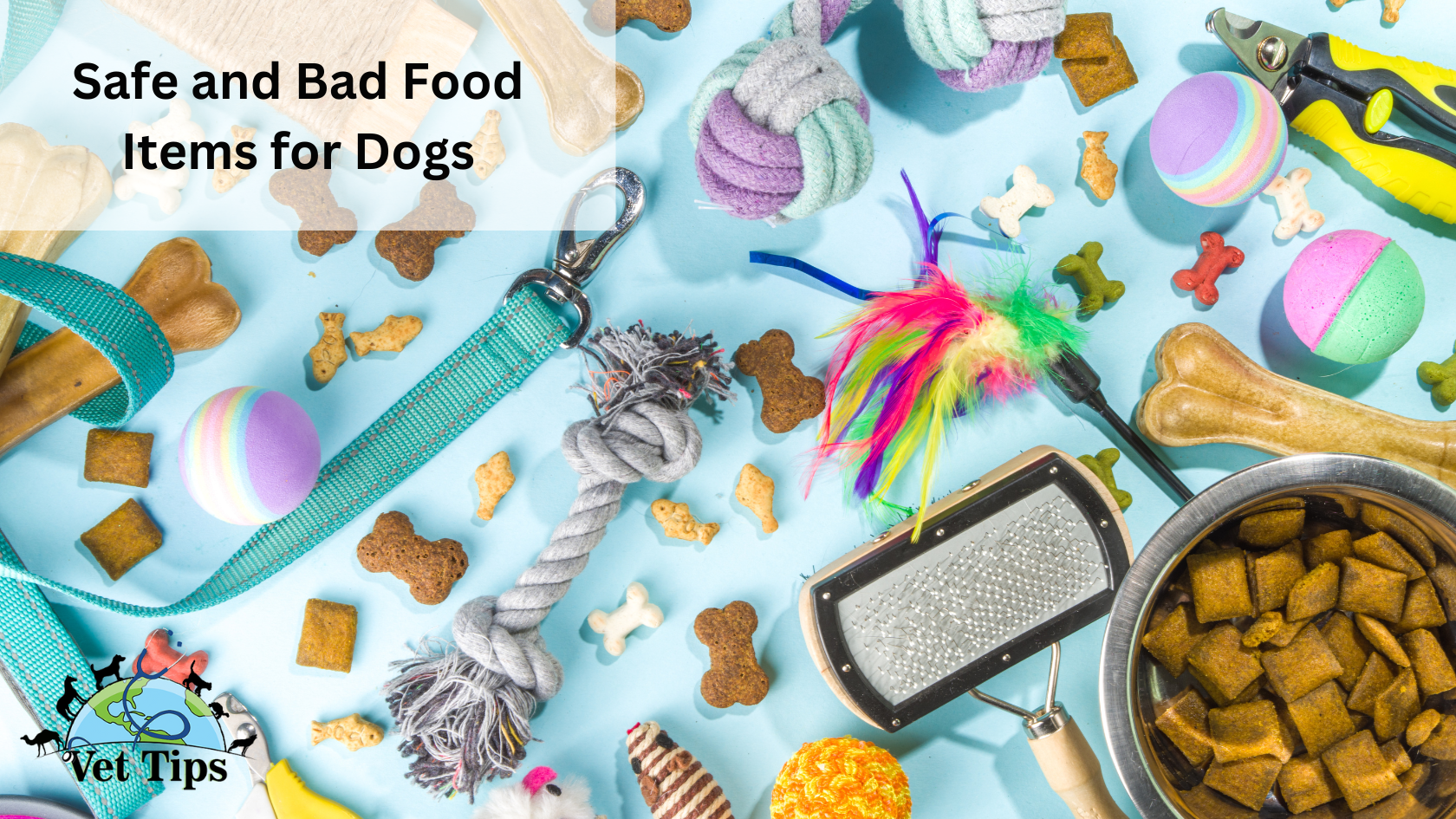
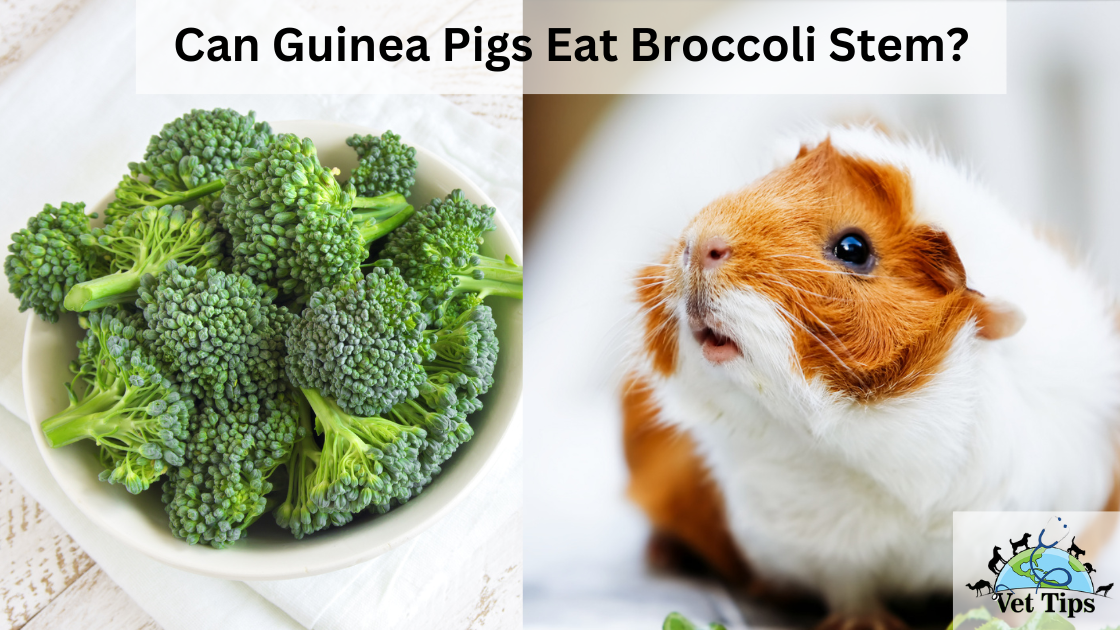
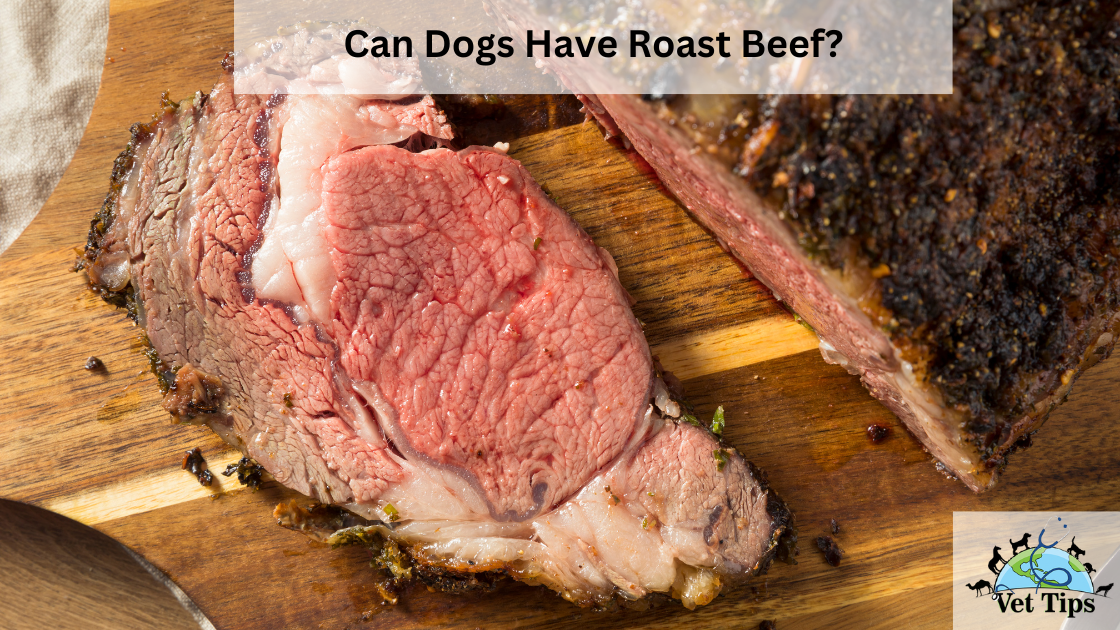
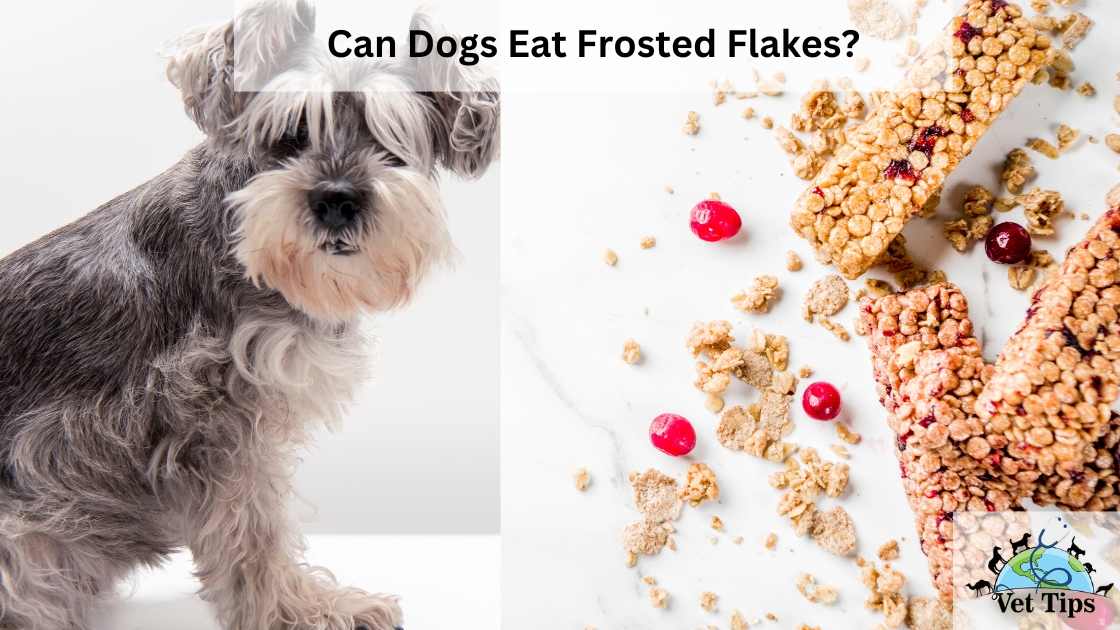
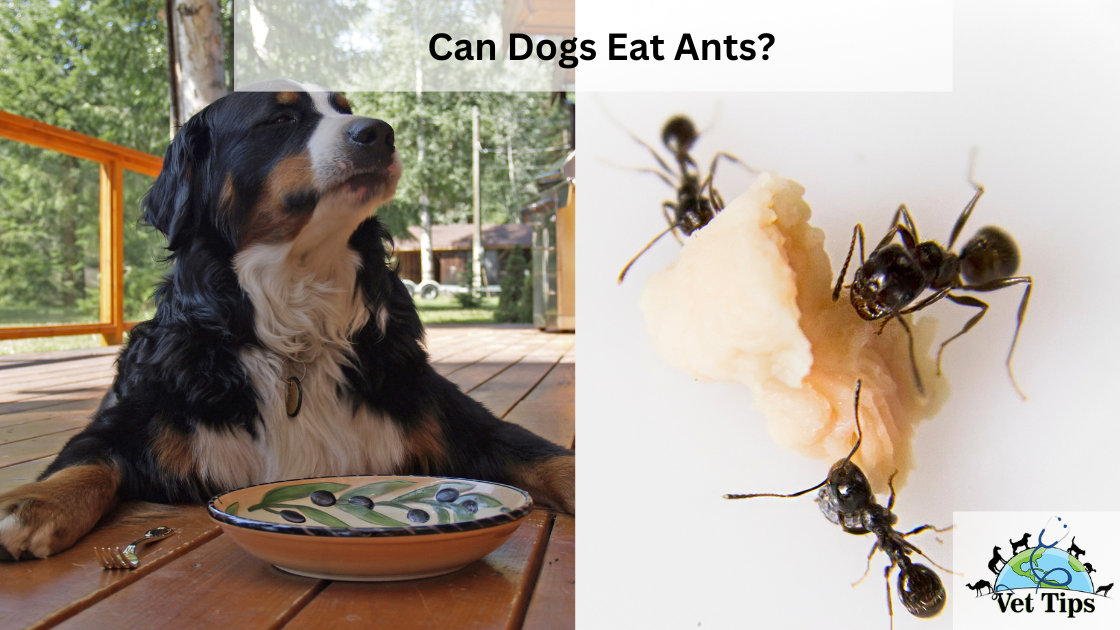
2 thoughts on “Safe and Bad Food items for Dogs”